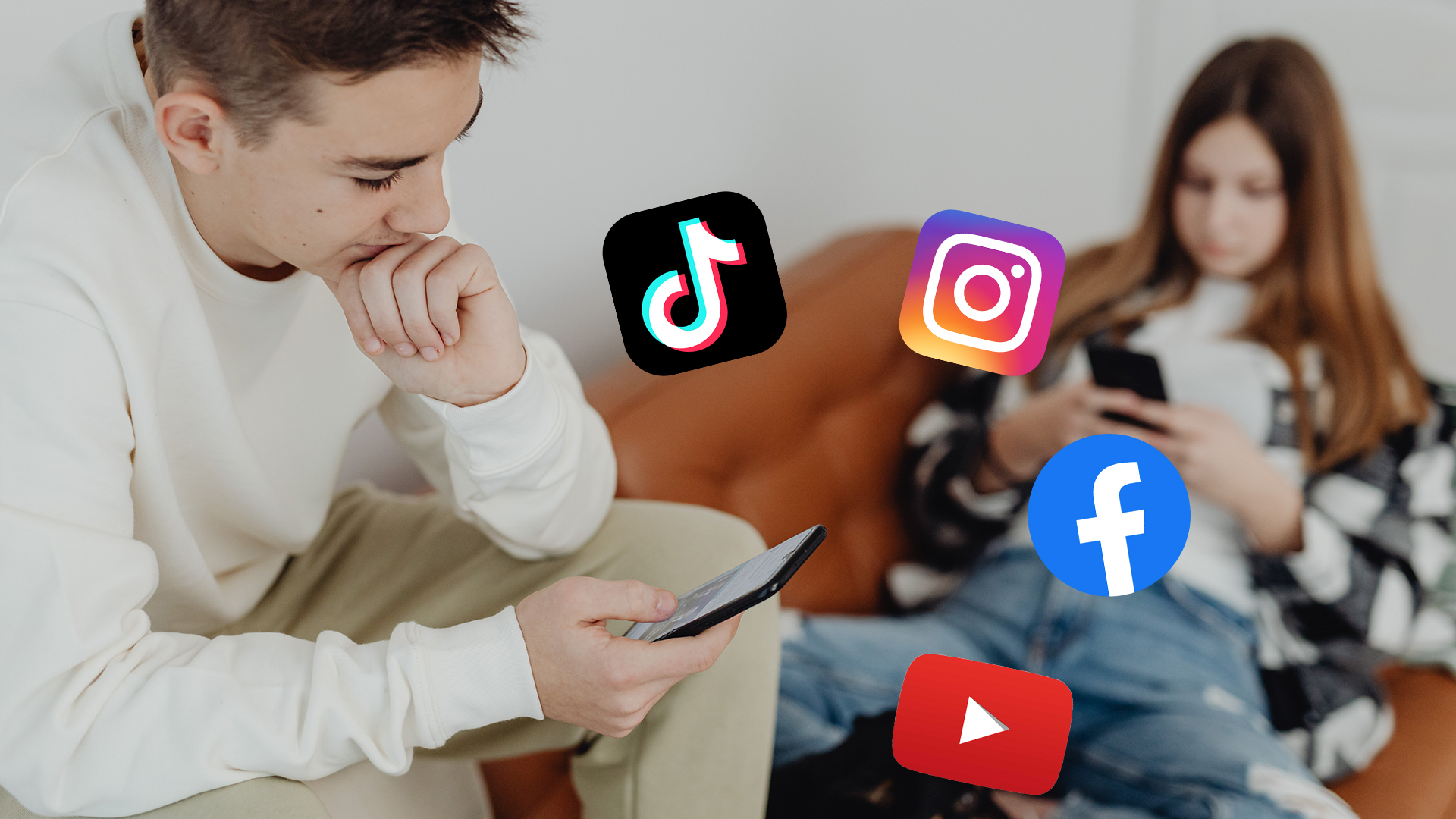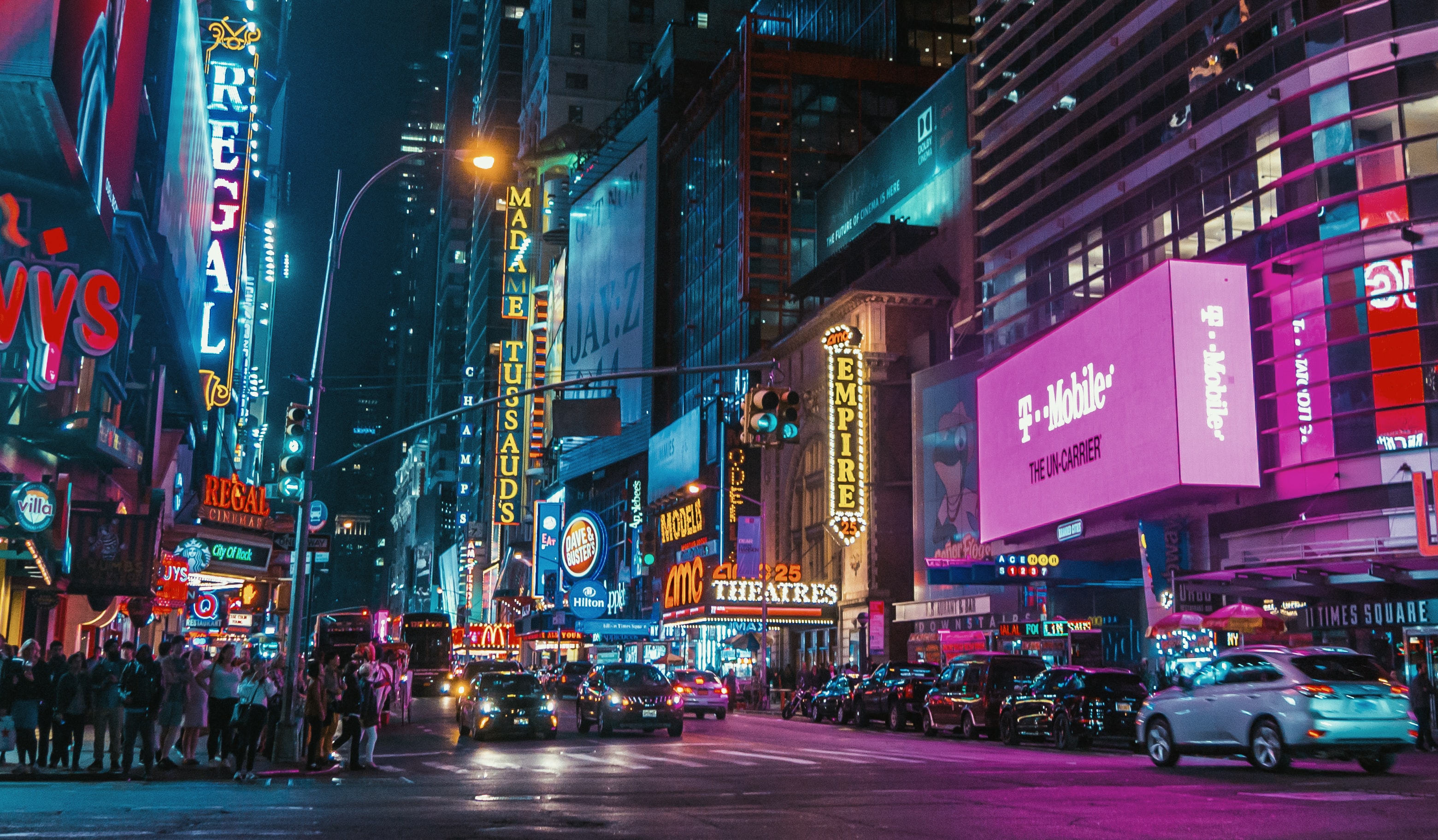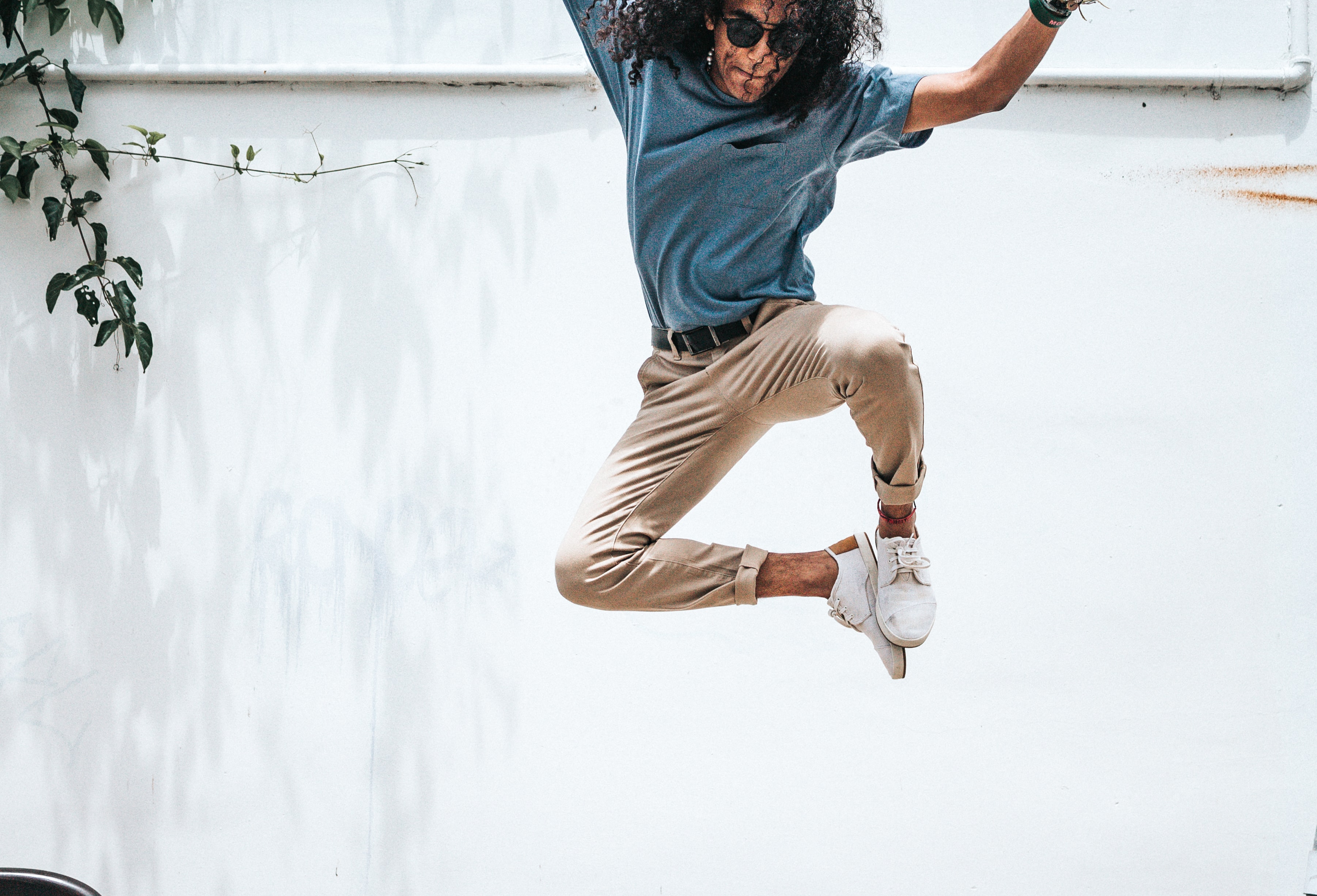Today is World Children's Day. According to Wikipedia, the aim of this day is to raise the public awareness of matters such as child protection and children's rights. A good occasion to take a look at our changing advertising world with this focus:
Instagram and Tiktok require users to be at least 13 years old. In addition, minors formally require the consent of their legal guardians to use such social media apps. Experience shows, however, that the operators do not obtain this consent. Since parents can only control their children's social media consumption to a limited extent, it is even more important that postings by influencers aimed at minors are "age-appropriate".
What does that mean? Previous influencer case law has often dealt with the question of the necessity of labeling a post as commercial. If the commercial purpose of a post was recognizable, a corresponding advertising hint could be dispensable under certain circumstances. The benchmark for the question of the labeling obligation is, among other things, the targeted audience, which in case of social media postings, often includes minors and thus consumers in need of extra protection from the perspective of competition law.
Does this really apply to social media? Aren't kids today much more skilled at using social media than adults? Yes and no. Young users often have a high affinity for the internet.. However, they read far less, only pay attention to a post for a short period of time (often only a few seconds until the next click) and are generally more easily distracted according to case law. Therefore, significantly higher, "child-friendly" requirements are placed on advertising labeling for underage target groups.
Children are increasingly influencers themselves - The business with underage advertising targets
However, the trend also exists the other way round, with children as "influencers" in the leading role. One of the questions that companies face when concluding cooperation agreements with minors is the effectiveness of such agreements, since minors over the age of 7 have only limited legal capacity. This means that they require the consent of their legal representatives to make a declaration of intent that could potentially be disadvantageous to them (this is usually the case for a two-sided contract). In addition, depending on the content of the planned campaign, youth protection regulations, etc. must be complied with.
The involvement of underage influencers is legally more complex and can be contractually quite complex. However, taking into account the risks that the social media business can entail, not only for minors, this is probably justified, especially on a day like today - for the protection of children.



